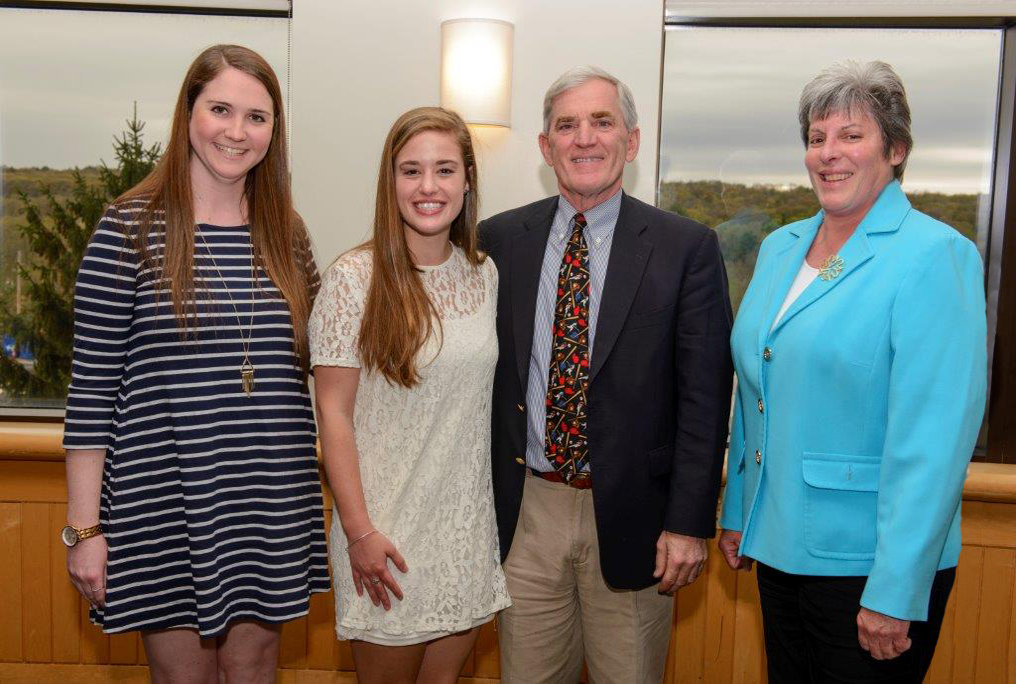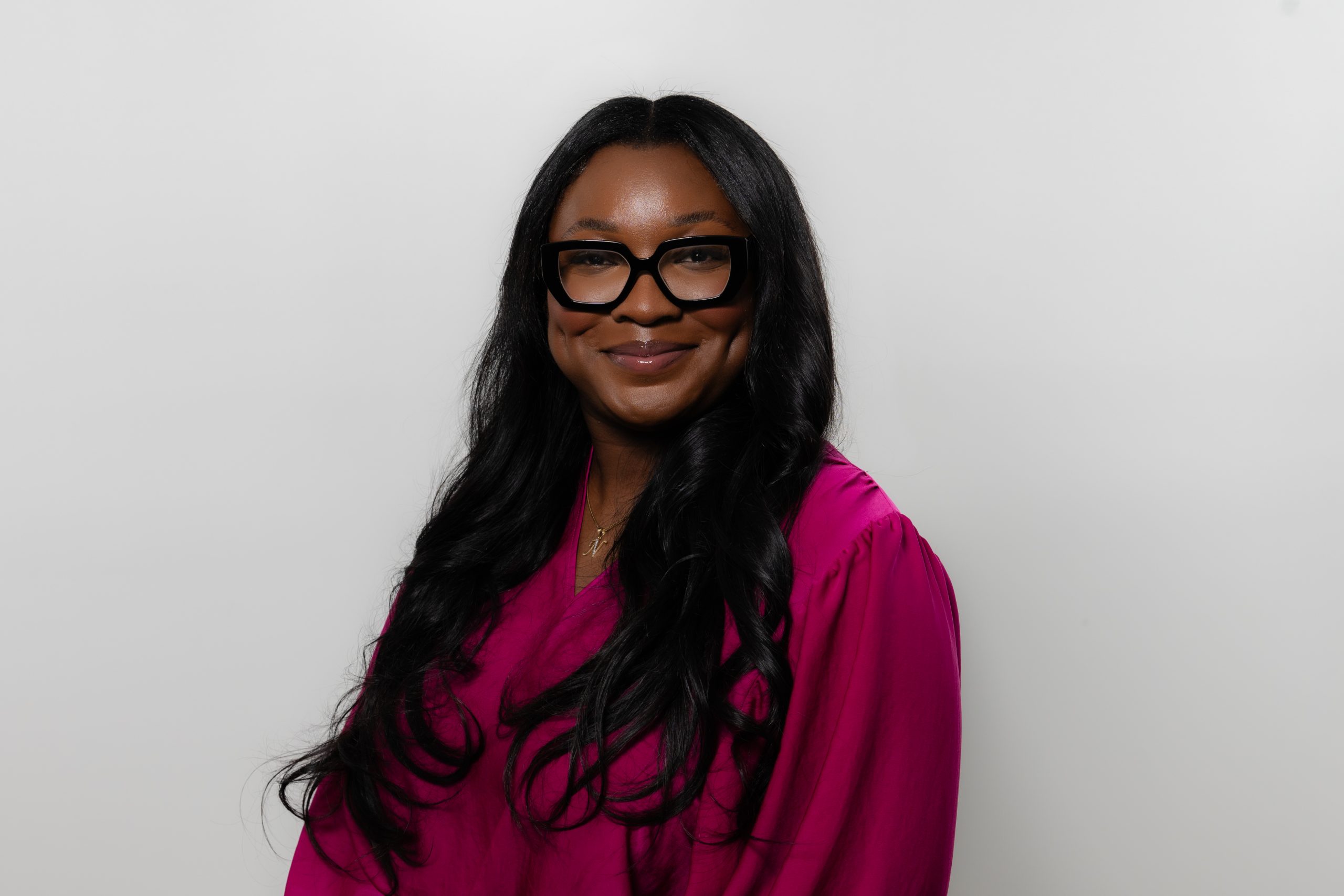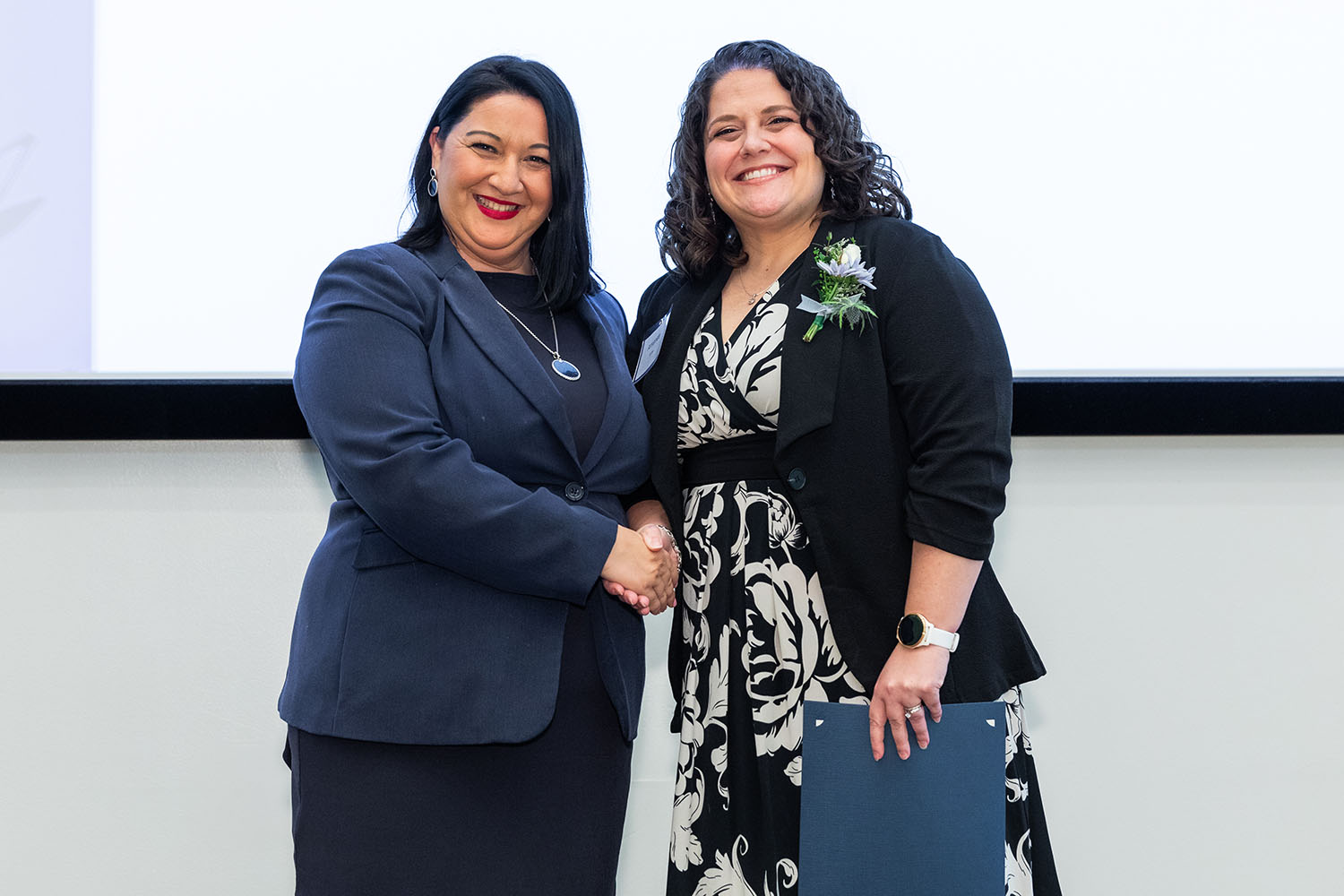Fred Flynn knows first-hand that caring for a cancer patient takes a special kind of nurse. For three years, his wife Susan battled ovarian cancer, and in the final stages of the disease, her nursing care team helped get her pain and symptoms under control so she could live out her last days peacefully in the comfort of her own home.
“It takes some real special gifts to be an oncology nurse,” says Flynn. “It takes a big heart, it takes compassion, and it takes steely emotions.”
His wife died in 2013 and shortly thereafter Fred created the Susan D. Flynn Oncology Nursing Fellowship Program. He wanted to recognize the compassionate and quality nursing care she received during her illness. He also wanted to do something to help attract more nursing students into specializing in cancer care.
“Demographically people are living longer, more people are getting diagnosed with cancer and thanks to modern medicine they’re living longer which puts a strain on the health care system,” says Flynn. “Along with that, the nursing population is aging and there’s a need for better trained oncology nurses.”
The fellowship program was successfully piloted in 2014 and now includes nearly a dozen cancer care hospitals in the region. Flynn thinks of himself as an enabler -connecting leading cancer hospitals and nursing schools with a program that fosters an interest among the best and brightest nursing school students into a field they might not otherwise choose.
This is the first year that UConn Health and the UConn School of Nursing are partnering with the program.
“I think UConn can be on the forefront of coming up with a really impactful training and development program and home-grow oncology nurses right here for UConn Health,” says Flynn.
Nurse Director of Professional Practice Mary Ellen Hobson agrees, “Not only does this provide us an excellent opportunity for student nurses to get experience in oncology, it allows us to build nurses who will be excellent care providers hopefully at UConn Health but also anywhere in the state of Connecticut.”
Following an extremely competitive application process, two UConn nursing students who have just completed their junior years were chosen for the inaugural fellowship program – Nicole Karich and Jennifer Kline.
“You could be the most intelligent person in the world, but if you cannot make a connection to your patient, then you don’t have what it takes to be a nurse,” explains Karich. “And without hands on practice, such as this fellowship, a connection like this will never be possible.”
Flynn agrees and says surprisingly, most undergraduate nursing school students get little or no meaningful academic or clinical exposure to oncology nursing. That’s why this program will expose students to direct patient care duties and allow them to interact with other members of the oncology health care team.
“Cancer patients need nurses who care about them, who will go out of their way to comfort them, and be there for them during arguably the toughest time of their lives,” says Kline. “I want to be one of those nurses.”



